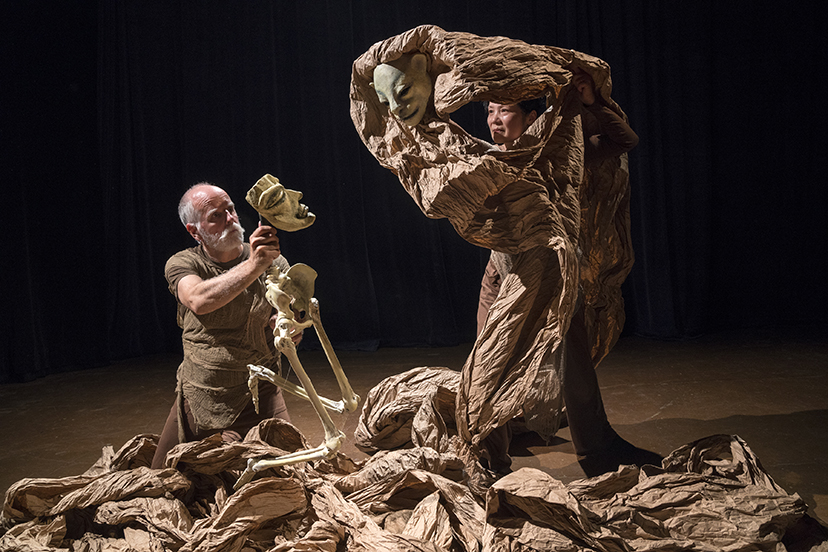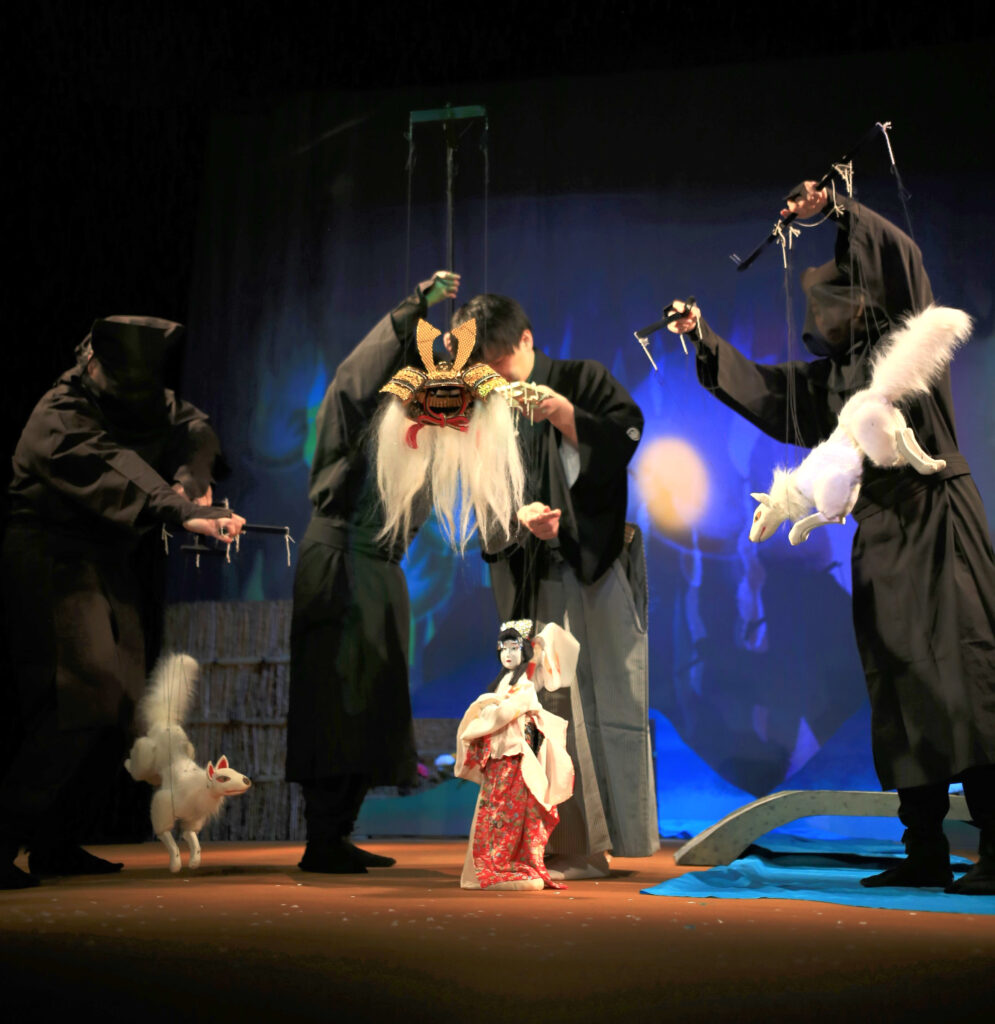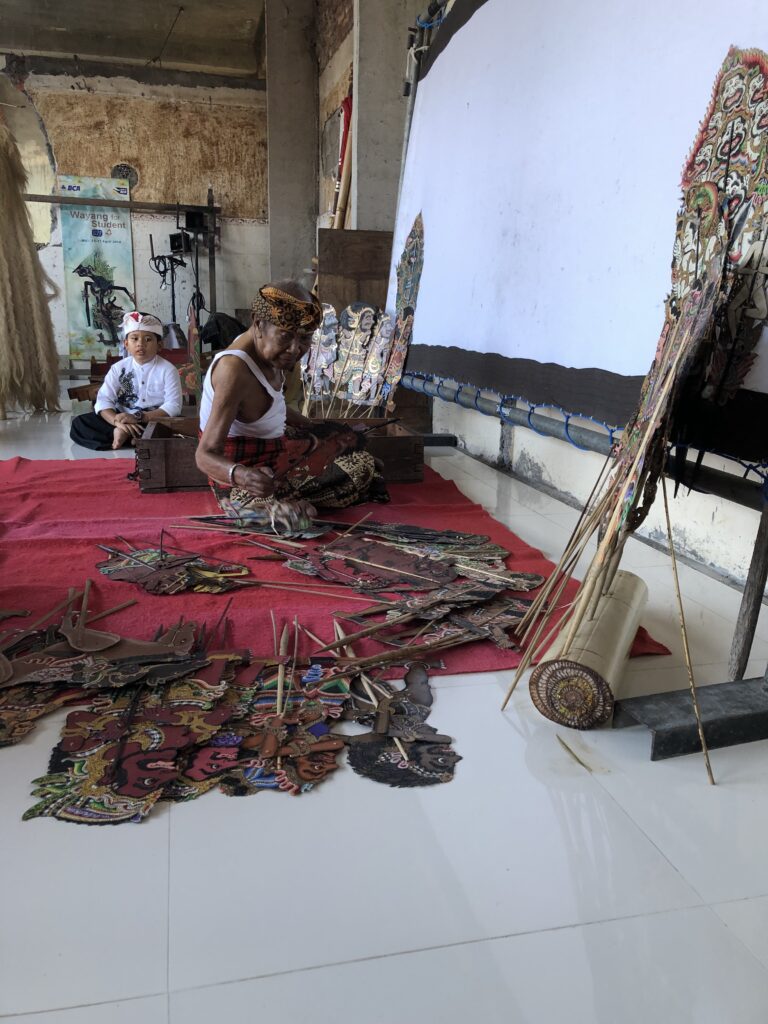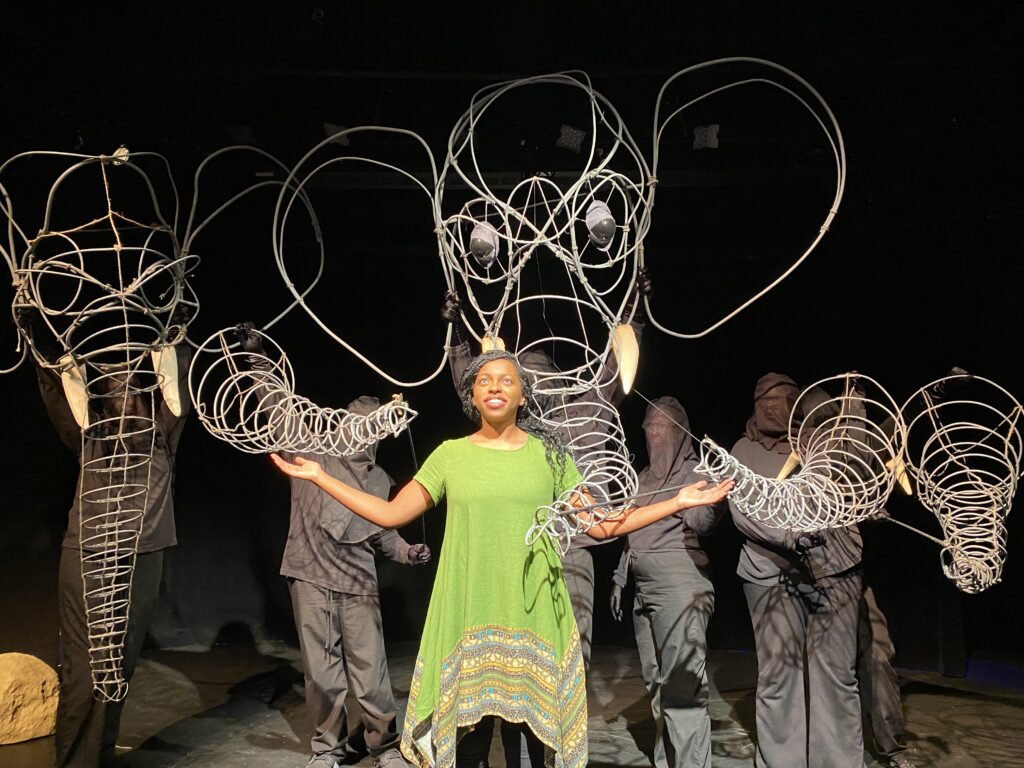A research journal dedicated to puppetry, masks, and related arts
Puppetry International Research (PIR) is a global, interdisciplinary, academic journal dedicated to puppetry and the allied areas of masks, performing objects, and material performance. Its mission is to foster scholarship on puppet theatre and related arts as practiced in the past and present around the world and deepen historical and theoretical understanding of the field. Its empirical, analytical, and theoretical peer-reviewed articles, as well as critical book, performance, and exhibition reviews, and field reports aim to strengthen puppetry studies as an academic discipline. The journal welcomes submissions from scholars and reflective practitioners from all related disciplines. A project of UNIMA-USA, growing out of the peer-review section of its acclaimed magazine, Puppetry International, PIR publishes twice a year on the CUNY Academic Commons.
Founding Editor: Claudia Orenstein, Hunter College and the Graduate Center, CUNY, New York
ISSN: 2994-7944
a project of UNIMA-USA
This project is supported in part by an award from
the National Endowment for the Arts.









